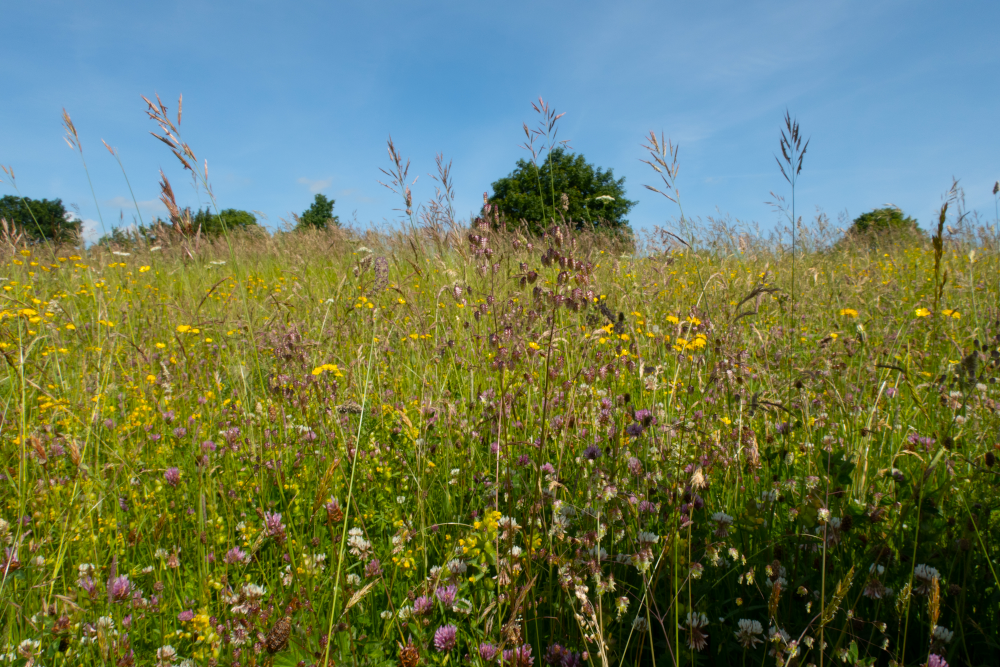Our ecological and restoration team has been involved in an exciting, large-scale environmental enhancement project at Bulwick Estate, Northamptonshire, on 400 hectares of land between the villages of Harringworth and Bulwick.
Our involvement at the Bulwick Estate two years ago involved baseline ecological surveys for the estate, including bird, butterfly, reptile, bat, botanical and habitat surveys and calculation of baseline biodiversity value using the Biodiversity Net Gain metric, and producing a restoration masterplan for the site. Recently the Estate has been accepted, in partnership with Natural England, into the Countryside Stewardship Scheme (CSS). This is a government programme that aims to support farmers, landowners, and other rural businesses in protecting and improving the natural environment.
This acceptance follows years of planning in conjunction with the approval of the widely consulted, 700-page expert feasibility study and masterplan. The plan considers all aspects of land management, history and heritage, landscape and wildlife conservation to inform the Countryside Stewardship application.
With such a long history of conservation-oriented farming and woodland management that goes back decades, acceptance into this scheme and the funding it provides enables Bulwick Estate to continue these conservation enhancement efforts on a more extensive scale.
Under the scheme, Bulwick Estate has committed to a number of conservation and environmental management activities, which include, but not limited to, creating, restoring and managing:
- 242 hectares of species-rich grassland and hay fields,
- 36 hectares of infield plots for pollinating insects and nesting lapwings, and
- 30 km of hedgerows, to name but a few.
To undertake some of the commitments, the estate will utilise our previously gathered baseline data to compare with future ecological surveys. This will enable the estate to identify, predict and evaluate the effects of the project's enhancements on the wildlife. The estate is currently in the process of recruiting a team of expert wildlife volunteers to do this and will ensure that data collection methods remain consistent with our own for comparison purposes.
Other areas of the estate's commitment to the scheme are already in full swing as more cattle and sheep are introduced on the estate. These animals help simulate the actions of natural large herbivores on promoting ecological processes.
Furthermore, exciting educational visits for school children to learn about farming, food production and conservation are also underway. These farm visits can help the children connect with the countryside and understand more about the food they eat.
As this project progresses, we look forward to sharing further developments with you along the way. In the meantime, you can find out more about Bulwick Estate here.


